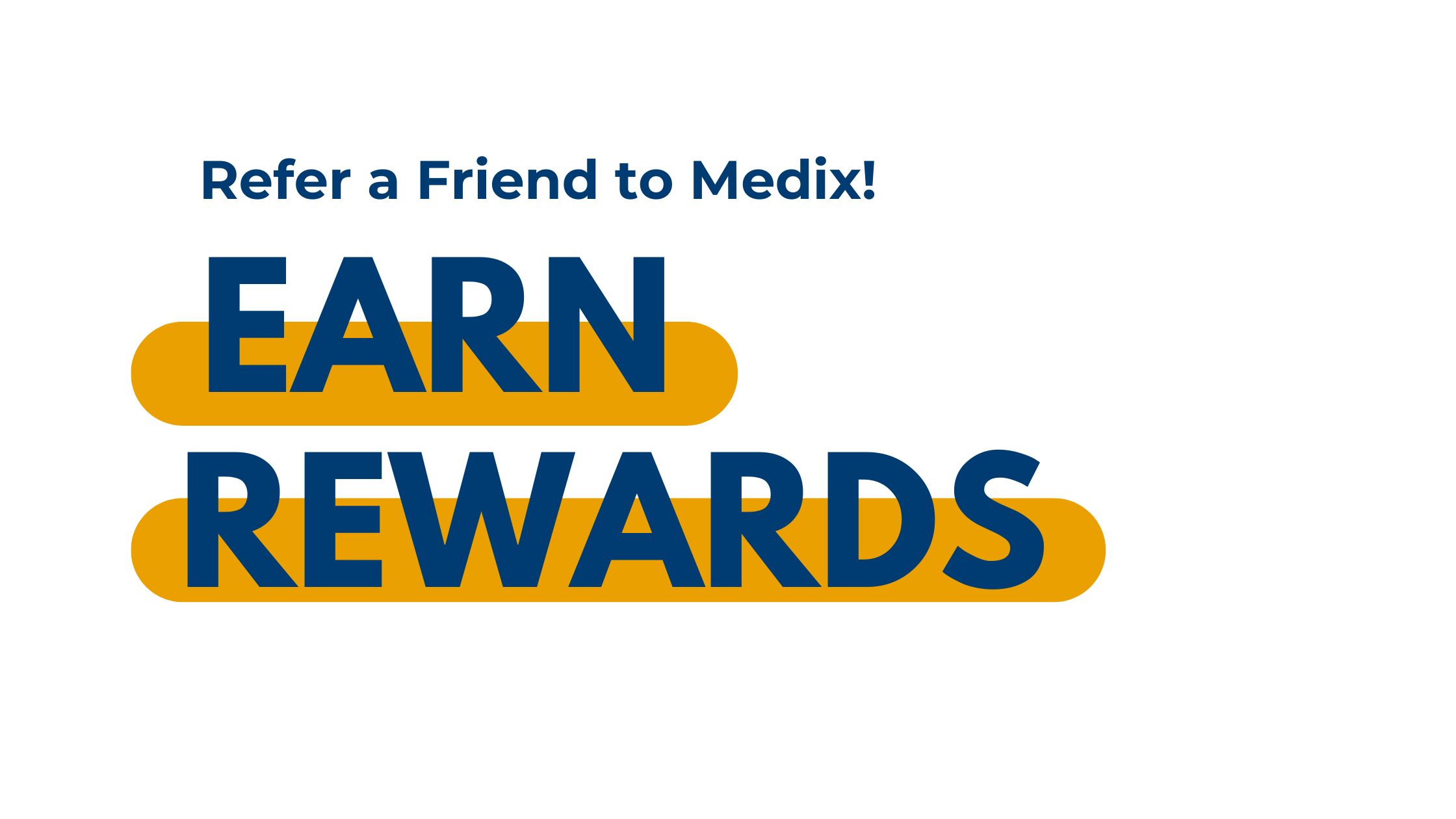
No matter which healthcare training program you decide to pursue, a great resume will be an asset to you. It will help you list your qualifications, highlight your strengths, and make a strong impression on potential employers.
Wondering how you can make a great resume and really stand out from the pack? Here are a few tips that can help you do a great job and find quick employment after healthcare college.
The Anatomy of a Stand-Out Healthcare Resume
Employers typically look for specific details in resumes.In fact:
- Good formatting can boost resumeratings by 60%
- 43% of managers will reject a resume with typos
- Resumes that are tailored to specific jobs stand at superior
Want to create a great resume for yourself? Here are some tips to help you do a great job.
Be Sleek! Stick With Good Design Principles
There are a few simple design tricks that can help you make an attractive resume, including:
- Use a 10.5 to 12 pt. font
- Use simple fonts like Arial, Times New Roman, or Calibri
- Use whitespace to reduce clutter and separate your sections
- Stick to one page—many employers prefer this
Did you know? Employers spend approximately 6 seconds skimming a resume before deciding whether to read on. Good design can get you to the next step!
Don’t Forget To Tell Them Who You Are
The very top of the page is for your contact information. Include only the following:
- Your name
- Phone number
- Email address
- A brief personal statement—who are you? What can you offer employers?
Pro tip:There’s no need to put an objective! Employers know you want the job you’re applying for.
Include Your Most Relevant Healthcare Career Experience
- Already have healthcare work experience?Put work history first and education next
- Just entering the healthcare field?Put education first and work history next
Pro tip: Did you complete an “externshipuring your education? That counts as job experience!
The Dos & Don’ts of Work & Education History
- DON’T just list previous job responsibilities or course material
- DO mention responsibilities and achievements at healthcare work or school
- DON’T use overused terms (Synergy, go-getter, dynamic, self-motivated, etc.)
- DO explain how your skills allowed you to succeed in healthcare work or training
- DON’T have spelling mistakes in your resume
- DO have someone proofread your resume to ensure it is error-free
Pro tip: Be honest! 58% of employers have caught a lie on a resume—51% say that’s an automatic rejection.
Finish Your Resume withan Impressive Skills Section
Healthcare training programs will teach you useful skills—list them for employers! Here are some examples of in-demand skills you can develop in healthcare training:
- Filling prescriptions
- Report writing
- Working in laboratory teams
- Scheduling appointments
- Providing patient care
- And much more!
Pro tip: List only skills that are relevant to the position, and not too many. Experts say listing 8-10 skills issufficient.
REMEMBER…
Don’t send out the same resume to every opening! Tailoring your resume to specific jobs increases your odds of getting an interview.
Sources
https://www.monster.ca/career-advice/article/the-proper-use-of-fonts-in-your-resume
http://pilotonline.com/business/jobs/get-job/r-sum-s-white-space-is-your-friend/article_c3b32c35-0897-5c79-8a29-89c5c7c40965.html
http://www.inc.com/peter-economy/8-surprising-ways-to-make-your-resume-stand-out.html
https://www.resumeedge.com/why-most-resumes-are-never-read/
http://www.careerbuilder.ca/share/aboutus/pressreleasesdetail.aspx?sd=8%2F7%2F2014&id=pr837&ed=12%2F31%2F2014
http://www.bestsampleresume.com/blog/resume-writing/many-skills-mentioned-in-resume.html
https://www.eremedia.com/ere/why-you-cant-get-a-job-recruiting-explained-by-the-numbers/





